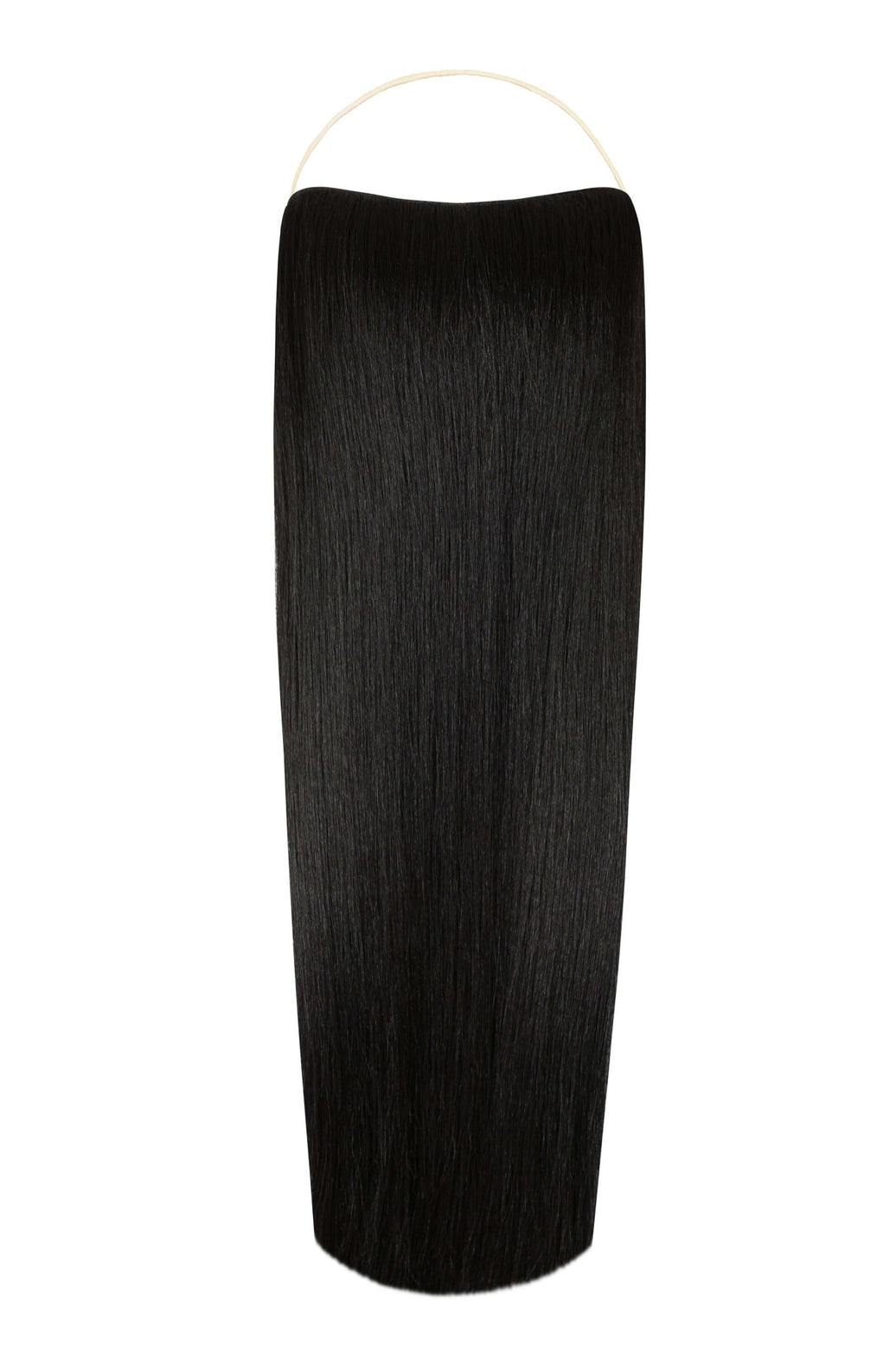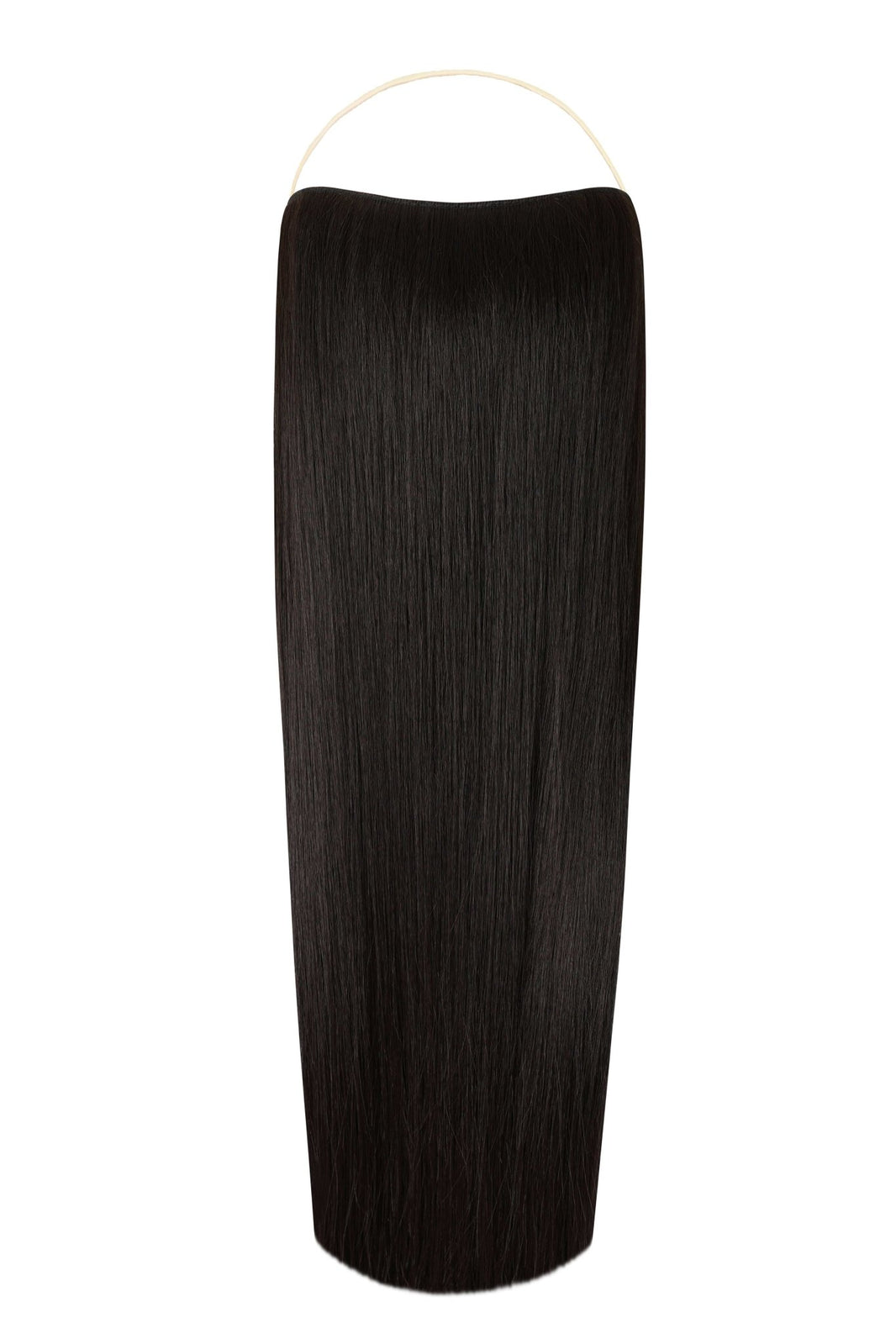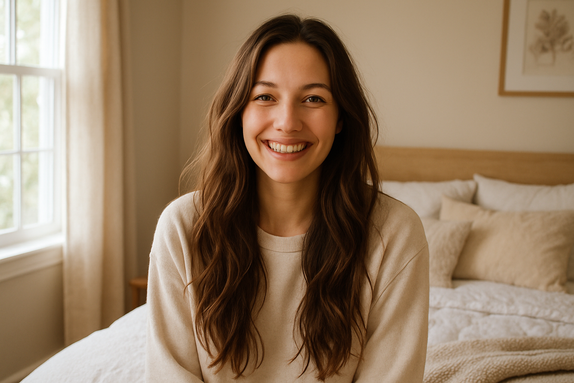Send In Your Photo For A Colour Match Exchanges until you find the perfect match!
Overcoming Anxiety: Practical Tips for Calming the Mind
Anxiety, a common experience that many of us face in our daily lives, can be a daunting challenge to overcome. Whether it's the constant worry about the future, the racing thoughts that keep us up at night, or the physical symptoms that disrupt our daily routines, anxiety can have a profound impact on our overall well-being. However, with the right strategies and a willingness to explore new approaches, it is possible to find relief and regain control over our mental health.
In this comprehensive blog post, we will delve into practical tips and techniques that can help you navigate the complexities of anxiety and cultivate a more peaceful, balanced mindset. From understanding the root causes of anxiety to implementing effective coping mechanisms, this guide will equip you with the tools you need to embark on your journey towards greater emotional resilience.
Understanding Anxiety
Anxiety is a natural human response to perceived threats or stressful situations. It is the body's way of preparing us to face or avoid danger, triggering a series of physiological reactions, such as increased heart rate, sweating, and muscle tension. While anxiety can be a helpful survival mechanism in certain situations, it can become problematic when it becomes excessive, persistent, or interferes with our daily lives.
There are several types of anxiety disorders, each with its own unique characteristics and symptoms. These include generalized anxiety disorder, social anxiety disorder, panic disorder, and specific phobias. Understanding the specific nature of your anxiety can help you tailor your approach to managing it effectively.
Identifying Triggers
The first step in overcoming anxiety is to identify the triggers that contribute to your feelings of unease. These triggers can be external, such as specific situations, people, or events, or internal, such as negative thought patterns or emotions. By becoming more aware of the factors that contribute to your anxiety, you can develop strategies to address them proactively.
Keep a journal to track your anxiety episodes and the circumstances surrounding them. This can help you identify patterns and pinpoint the specific triggers that tend to set off your anxious responses. Once you have a better understanding of your triggers, you can begin to develop coping mechanisms to manage them.
Practicing Mindfulness and Relaxation Techniques
One of the most effective ways to combat anxiety is through the practice of mindfulness and relaxation techniques. These practices help to calm the mind, reduce physiological symptoms, and foster a greater sense of present-moment awareness.
Mindfulness Meditation
Mindfulness meditation involves focusing your attention on the present moment, observing your thoughts, emotions, and physical sensations without judgment. This can help to reduce the tendency to ruminate on past events or worry about the future, which are common contributors to anxiety. Start with just a few minutes of mindfulness practice each day and gradually increase the duration as you become more comfortable with the technique.
Deep Breathing Exercises
Deep breathing, also known as diaphragmatic breathing, can be a powerful tool for managing anxiety. When we experience anxiety, our breathing often becomes shallow and rapid, which can exacerbate the physical symptoms. By taking slow, deep breaths, you can activate the parasympathetic nervous system, which is responsible for the body's "rest and digest" response, helping to calm the mind and body.
Progressive Muscle Relaxation
Progressive muscle relaxation is a technique that involves systematically tensing and releasing different muscle groups throughout the body. This practice can help to reduce muscle tension and physical symptoms of anxiety, while also promoting a sense of overall relaxation.
Visualization and Imagery
Visualization and imagery techniques involve creating mental pictures or scenarios that evoke a sense of calm and well-being. This can be particularly helpful for individuals who struggle with specific phobias or anxiety-provoking situations. By imagining a peaceful, serene environment, you can counteract the physiological responses associated with anxiety.
Incorporating these relaxation techniques into your daily routine can have a profound impact on your ability to manage anxiety. Experiment with different approaches to find the ones that resonate most with you and your unique needs.
Developing Healthy Coping Strategies
In addition to mindfulness and relaxation techniques, it's important to cultivate a range of healthy coping strategies to address anxiety. These strategies can help you navigate challenging situations and maintain a sense of control over your emotional well-being.
Exercise and Physical Activity
Regular physical activity has been shown to have a positive impact on mental health, including reducing symptoms of anxiety. Exercise can help to release endorphins, which are natural mood-boosting chemicals, and can also provide a healthy outlet for pent-up energy and stress.
Journaling and Creative Expression
Writing down your thoughts, feelings, and experiences can be a powerful way to process and release anxiety. Journaling can help you gain clarity, identify patterns, and develop a greater understanding of your internal experiences. Additionally, engaging in creative pursuits, such as art, music, or writing, can be a therapeutic outlet for anxiety.
Social Connection and Support
Maintaining a strong support network of family, friends, and loved ones can be invaluable in managing anxiety. Sharing your experiences with trusted individuals and seeking their empathy and understanding can help you feel less alone in your struggles. Additionally, joining support groups or engaging in community activities can provide a sense of belonging and connection.
Lifestyle Adjustments
Making certain lifestyle adjustments can also contribute to the management of anxiety. This may include prioritizing self-care, such as getting enough sleep, eating a balanced diet, and limiting the consumption of caffeine and alcohol, which can exacerbate anxiety symptoms.
Seeking Professional Help
While the strategies outlined in this blog post can be highly effective in managing anxiety, there may be times when seeking professional help is necessary. If your anxiety is severe, persistent, or interferes with your daily functioning, consider consulting a mental health professional, such as a therapist or counselor.
Cognitive-behavioral therapy (CBT) is a widely recognized and evidence-based approach to treating anxiety disorders. CBT helps individuals identify and challenge negative thought patterns, develop coping mechanisms, and gradually confront anxiety-provoking situations in a safe and supportive environment.
Medication, such as anti-anxiety drugs or antidepressants, may also be recommended in some cases, particularly for individuals with more severe or chronic anxiety. It's important to work closely with a healthcare provider to determine the most appropriate treatment plan for your specific needs.
Remember, overcoming anxiety is a journey, and it's important to be patient and compassionate with yourself throughout the process. By incorporating a combination of the strategies discussed in this blog post, and seeking professional support when needed, you can take meaningful steps towards reclaiming your mental well-being and living a more fulfilling, anxiety-free life.
 Free Next Day delivery from the UK
Free Next Day delivery from the UK
 Easy UK Based Returns
Easy UK Based Returns







































































































Leave a comment